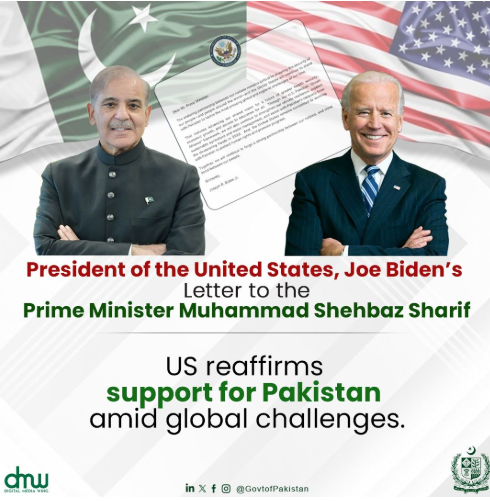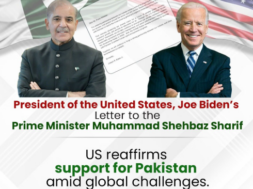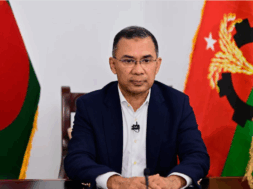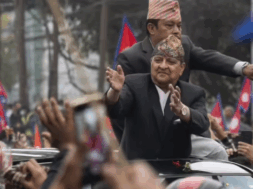
Roving Periscope: Biden praises Pak on terror, ignores its push in J&K, B’desh
Virendra Pandit
New Delhi: Ahead of its final 35 days in the White House, outgoing US President Joe Biden-led anti-Indian cabal has showered praise on a ‘democratic’ Pakistan for its alleged efforts against terror networks, completely ignoring its renewed attempts to revive terrorism in Jammu and Kashmir and radicalize post-Hasina Bangladesh using its puppets like Jamaat-e-Islami and Hifazat-e-Islam outfits.
The media reported on Monday, quoting a US State Department report, that Pakistan has made ‘substantial progress’ in countering terrorist financing and addressing regional extremist networks.
Ironically, the report also highlighted significant security challenges, including a sharp rise in terrorist attacks inside Pakistan in recent months that have irritated even China!
To appear even-handed, however, the report had to paint a grim picture of the security landscape in 2023, despite what it claimed was an advancement in combating terrorist financing. Terrorist attacks increased by over 50 percent compared to 2022, with civilians and security forces being frequent targets, it acknowledged.
Provinces such as Khyber Pakhtunkhwa and Balochistan experienced concentrated violence, with groups like the Tehrik-e-Taliban Pakistan (TTP), Balochistan Liberation Army, and local ISIS affiliates employing explosives and small arms in their attacks. It also overlooked repeated Baloch terror attacks in Karachi and other places as well.
The US report, released last week, commended Pakistan for completing its updated National Risk Assessment (NRA) on money laundering and terrorist financing in 2023, evaluating 87 terrorist organizations, conducting sectoral vulnerability analysis, and identifying donations and extortion as key funding sources for terrorism.
According to the assessment, 41 terror groups remain active in Pakistan, leveraging cash couriers and illegal money transfer services, and flagged porous borders with Afghanistan as critical vulnerabilities facilitating illicit financial flows.
It also noted that consistent with its commitment to relevant UN resolutions, Pakistan prosecutes its returning citizens who participated in foreign wars. There were about 100 Pakistani nationals in northeast Syria in 2023, it said. To date, Pakistan has declined to repatriate any of its nationals, it added.
The State Department underscored Pakistan’s efforts to disseminate the findings to law enforcement and other stakeholders, directing them to implement targeted policy and operational priorities.
Pakistan collects biometric information at land crossings through its International Border Management Security System, it said, adding the Customs Service attempted to enforce anti-money laundering laws and foreign exchange regulations at all major airports, in coordination with other agencies.
In 2023, Pakistani customs managed the entry of dual-use chemicals for legitimate purposes through end-use verification, while also attempting to prevent their diversion for use in IEDs.
The US report also highlighted Pakistan’s removal from the Financial Action Task Force (FATF) Grey List in October 2022 as a pivotal achievement. This followed sustained efforts to address strategic deficiencies identified in 2018.
The FATF, often manipulated by the US, acknowledged Pakistan’s improved compliance with international anti-money laundering (AML) and counter-terrorist financing (CFT) standards, culminating in a strengthened regulatory framework.
It also praised Pakistan’s ‘continued efforts’ in countering violent extremism, including operating deradicalization camps in Khyber Pakhtunkhwa that provide corrective religious education, vocational training, and counseling.
However, concerns remain regarding madrassas failing to comply with registration and funding documentation laws, some of which continue to promote ideologies that could lead to violent extremism.
Pakistan’s active participation in multilateral counter-terrorism forums, such as the Global Counterterrorism Forum and South Asian Association for Regional Cooperation, as well as the inclusion of cities like Karachi and Peshawar in the Strong Cities Network, underscores its ‘commitment to regional stability.’














